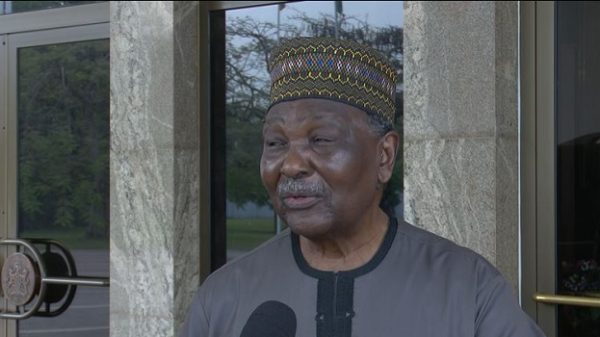The Federal High Court in Abuja has ruled that the Vehicle Inspection Office (VIO) no longer has the legal right to stop vehicles, impound them, or impose fines on motorists. This decision, delivered by Justice Evelyn Maha on October 2, 2024, came after a human rights lawyer, Abubakar Marshal, filed a suit challenging the legality of VIO practices. The case was presented as a violation of motorists’ fundamental rights, arguing that the VIO exceeded its powers by imposing arbitrary fines and impounding vehicles without legal justification.
The ruling stated that no existing law or statute empowers the VIO, or any other agents of the Federal Capital Territory (FCT) Directorate of Road Transport, to stop and seize vehicles. Justice Maha affirmed that these actions were not backed by legal authority and described them as “wrongful, oppressive, and unlawful.”
The court issued a perpetual injunction restraining the VIO and its agents from further engaging in such activities. This means the VIO and related agencies are now prohibited from stopping motorists or imposing any fines without legal grounds. This order extends to all relevant authorities, ensuring that no further violations occur against motorists’ rights, including their right to freedom of movement, presumption of innocence, and property ownership.
This judgment is not an isolated case, as it follows a similar ruling in March 2021, where the Court of Appeal in Asaba, Delta State, affirmed that the VIO overstepped its authority. The court had ruled that VIO officers, through the Delta State Government, were not entitled to demand levies or issue roadworthiness certificates for private vehicles. The court had criticized VIO officials for using “menacing tactics” to stop private vehicles, adding that such conduct was illegal and detrimental to public confidence.
The current ruling in Abuja is another significant step in curbing the excesses of the VIO, which has faced public complaints over arbitrary fines and harsh enforcement methods. Many Nigerians have expressed frustration with the VIO’s methods, and this judgment is expected to bring relief to motorists in the FCT who have faced undue pressure from the agency.
Human rights advocates have hailed the court’s decision as a victory for the rule of law, emphasizing that public agencies should not operate outside the bounds of the law. The judgment reinforces the need for transparency and accountability in the operations of law enforcement agencies in Nigeria.
This ruling sends a clear message to other law enforcement bodies that the rights of citizens must be respected, and actions taken by public officers must be grounded in lawful authority. It also reaffirms the judiciary’s role in upholding the fundamental rights of Nigerians and curbing any abuse of power by government agencies.
As this ruling takes effect, motorists in the FCT can expect a reduction in undue harassment by VIO officers, with the court’s order providing legal protection against arbitrary actions.




















































































































